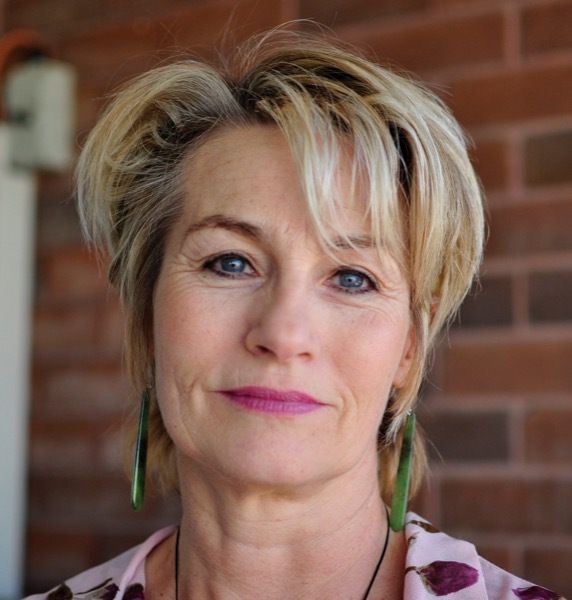A story from Africa
It’s every family’s worst nightmare. After the successful delivery of a beautiful, healthy baby boy by caesarean section, Erica started to haemorrhage. Unsure of the source of the bleeding, hospital staff rushed her to theatre to try and stop the blood loss.
Doctors worked through the night, and after many hours and five blood transfusions, the bleeding stopped and Erica’s life was saved.
This scenario would have had a very different outcome 17 years ago; it would have most likely led to Erica’s death.
Erica lives in a small rural Ugandan town called Kiwoko. Uganda has the third highest birth rate in the world, and while maternal deaths have been reducing for many years, 16 women still die during childbirth every day and 58 per cent give birth without the presence of a skilled attendant.
Erica’s life was saved largely due to the Adara Group (formerly the ISIS Group), an Australian corporate advisory business, supporting maternal health in rural Uganda.
Since 1998, the Adara Group’s partnership model has used the power of business to reach more than 100,000 people living in poverty, working to help them have access to better health and education services.
Adara Group
The Adara Group is made up of two parts; Adara Advisors – a private corporate advisory business and Adara Development – a not-for-profit (NFP) international development organisation.
Adara Advisors is a business for purpose rather than profit – its sole objective is to fund the NFPs administration costs. Since inception, the Adara business has donated more than $8.2 million to this cause.
The innovative model allows 100 per cent of all other donations received to go directly to Adara Development’s project-related costs, to help women like Erica and their families.
We think great administration and infrastructure is the hallmark of any organisation, but we know that many donors like to see their funds go straight to ‘work on the ground’. Anyone interested in investing in Adara programmes can fund our work without having to spend a cent on overheads.
Adara Development works side-by-side with women, children and their communities in remote and rural areas to improve their lives. Over the past seventeen years, we have become experts in maternal, infant and child health; the rescue, rehabilitation and reconnection of trafficked children; and health and education for rural and remote communities.
Our projects are informed by extensive research, and wherever possible, we collaborate with other organisations to share what we have learnt so we can expand our impact.
The importance of social responsibility
Since Adara began, the ideas of social business and social entrepreneurship have exploded on the world stage.
In 1970, economist Milton Friedman declared that “The social responsibility of business is to increase its profits”. He could not have foreseen how much that idea would be challenged and change over time.
Today, the most successful businesses consider much more than profit, understanding they also have a responsibility to people, the environment, and to ethical practices and sustainability.
We have seen firsthand that when businesses think about more than one stakeholder, they can change lives – whether these are the lives of the people they serve, the customers or shareholders, or someone they have never met.
Adara has been joined by many businesses and individuals along the way who share our mission and want to use their skills to create change for people living in poverty. From insurance companies to accounting and law firms, many people have walked hand in hand with us to reach those in need.
Why I’m here
I came to Adara after 30 years of working in the private, NFP and government sectors. What drew me to the organisation was the model.
I had been interested in corporate social responsibility for years and had experienced many different types of programs, but the idea that the huge engine room of corporate finance could be used to help people living in poverty through a ‘business for purpose’ model was very inspiring. I wanted to meet the woman behind it.
The philosophy behind the model is that the best and brightest in the business community can use their skills to do what they are good at – making money – to enable development professionals to do what they do best – providing best practice service to communities in need.
The idea that our teams on the ground could do their work without being distracted by fundraising was really appealing.
When I look at the smile on Erica’s face as she holds her beautiful baby, I am struck by the knowledge that this was made possible by so many people coming together.
To all the investment bankers, actuaries, insurance specialists, clinicians, and brilliant local nurses and doctors, I thank you for sharing our vision.
As we set our strategy for the next three years, we want to find more businesses that share our passion and ask them to join us on the next stage of our journey.
Why? So we can make sure we continue to reach communities in need, well into the future. I promise you, it’s a joy and a total privilege.












